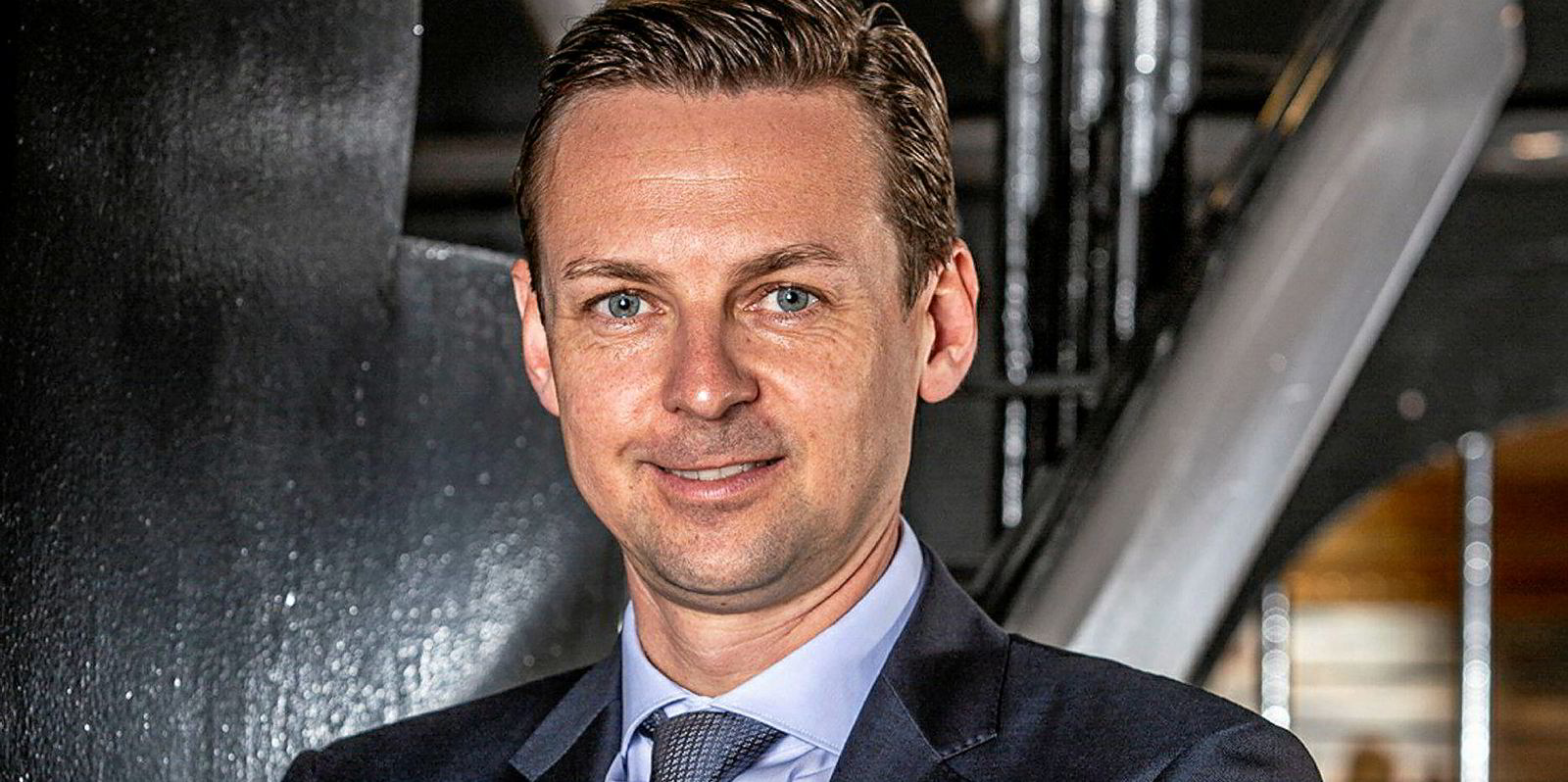It is always difficult to fully grasp the magnitude of large events as they are occurring. With that said, few would disagree that the Covid-19 pandemic will be a central character when the story of 2020 is told. It hit the shipping industry hard with massive demand contraction across almost all segments.
I think 2020 will also end up being the year our industry began to fully recognise and embrace the transformation it must undergo to meet the mandate of zero-carbon emissions by 2050 and a 40% reduction in emissions by 2030.
After a year like no other, TradeWinds asked 40 shipping industry stakeholders what they see for 2021 after a year beset by the coronavirus, and how the pandemic will shape shipping's future.
I don’t hesitate when I say that this is the single largest challenge the shipping industry has ever faced. Our traditionally slow-moving industry needs to innovate and adapt at a pace it has never done before.
This is indeed an existential moment for shipowners and the stakes are high. Carbon footprint does not just matter to environmentalists. It matters to lenders, investors, employees, politicians and our customers.
If shipowners do not master the transition from a high-carbon model to a low and eventually zero-carbon one, they will simply not remain viable. They won’t be able to finance their assets, satisfy their investors, attract talented employees or service their customers. Greenhouse gas emissions will soon become a vital criterion for all stakeholders and counterparts.
Golden Ocean has a fuel-efficient fleet that is highly competitive today, but we are not resting on our laurels. Instead, we are focused on further increasing our fleet’s efficiency and lowering emissions through important digitalisation initiatives.
As a first step, we, along with the rest of the industry, must unlock the potential that is inherent in the vast amount of data we can collect in real time from our vessels’ sensors and digitised systems to enhance decision-making. Accurate and timely data on bunker consumption, speed, crew activity, weather, equipment maintenance and engine performance — to mention a few — allows us to optimise our operations and not just reduce emissions but also cut costs.
Reaching the goal of zero emissions requires investments and bold decision-making, but it also creates differentiation and new revenue streams, and brings about significant innovation-led transformations in the industry.
This year was the one of the pandemic, but I believe that the push to zero emissions will be a much more important character when the industry’s story gets told over the next several decades.




